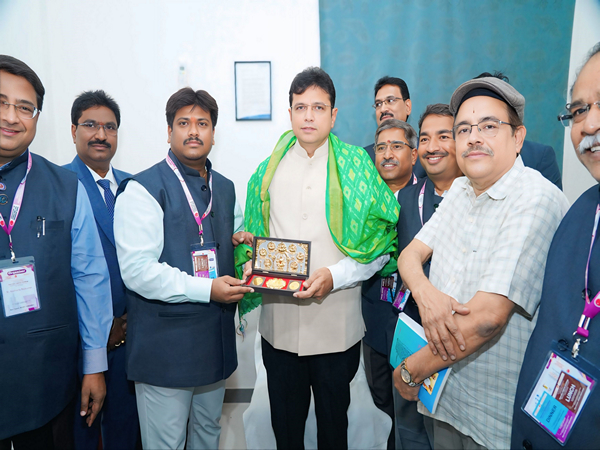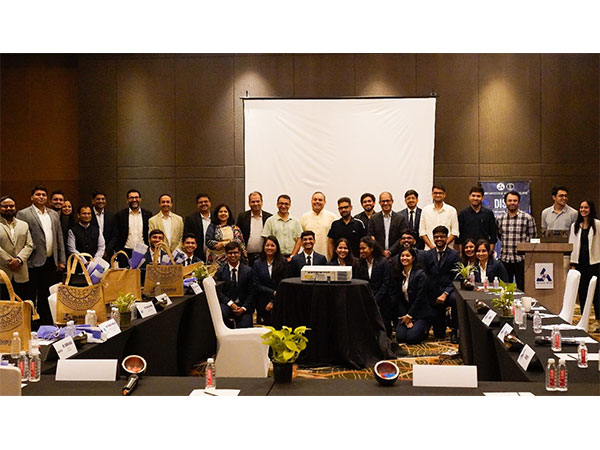Japan scientists create world's 1st AI-generated images using brain activity
Dec 17, 2023
Tokyo [Japan], December 17: Japanese scientists have succeeded in creating the world's first mental images of objects and landscapes from human brain activity by using artificial intelligence (AI) technology, local media reported.
The team of scientists from the National Institutes for Quantum Science and Technology (QST) and other organizations was able to produce rough images of a leopard, with a recognizable mouth, ears and spotted pattern, as well as objects like an airplane with red lights on its wings, Kyodo News reported Saturday.
The technology, dubbed "brain decoding," enables the visualization of perceptual contents based on brain activity, and could be applied to the medical and welfare fields, the report said.
During research, participants were shown 1,200 images of objects and landscapes, with the relationship between their brain signals and the images analyzed and quantified using functional magnetic resonance imaging, or fMRI. The same images were input into the generative AI to learn their correspondence with the brain activity.
The technology could be used in the development of communication devices and to gain an understanding of the brain mechanisms of hallucinations and dreams, according to the researchers.
QST researcher Kei Majima said humans have used microscopes and other devices to view a world that was invisible to the naked eye, but they have not been able to step inside a person's mind, noting this is the first time for humans to peer inside another person's mind.
The findings were published recently in the online edition of the international scientific journal Neural Networks.
Source: Xinhua








